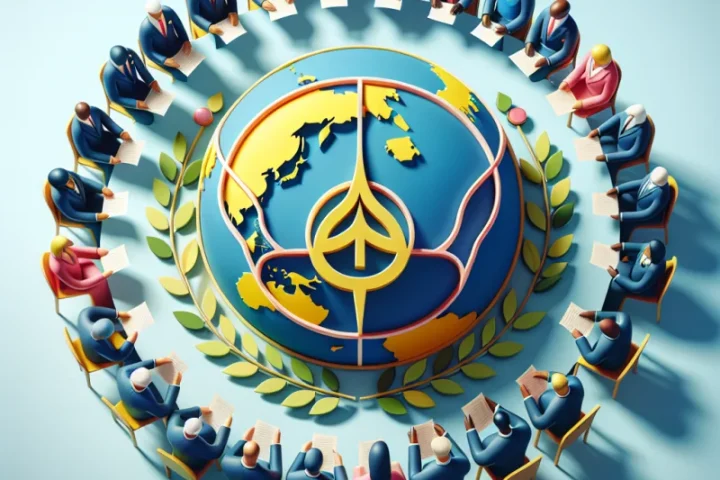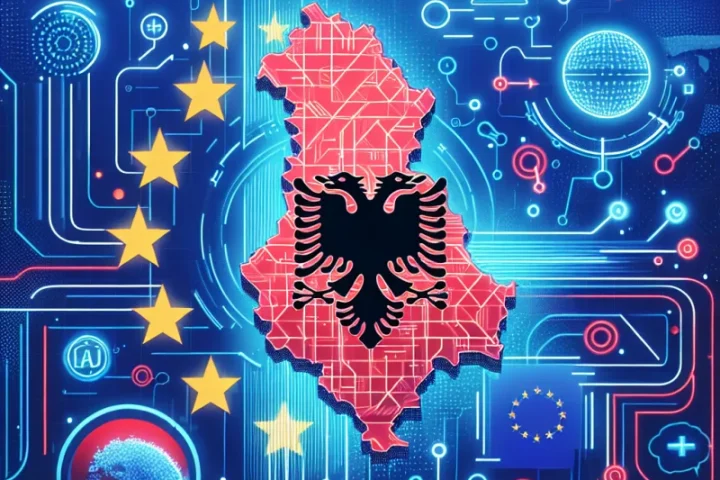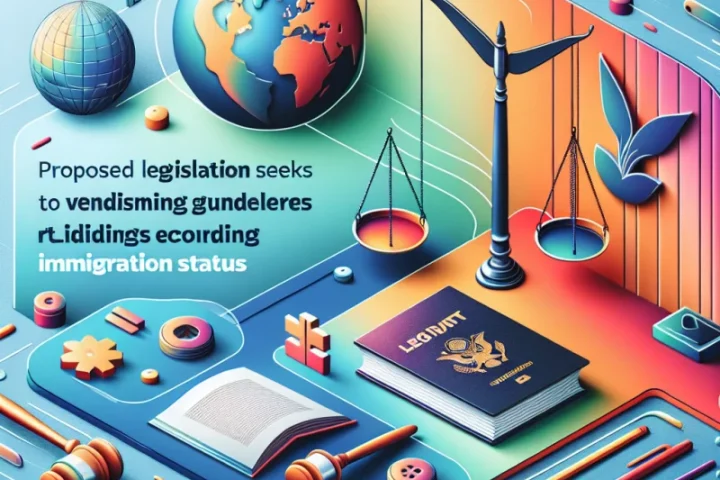President Donald Trump has signaled willingness to provide security guarantees for Ukraine during discussions with European and Ukrainian leaders, under certain conditions, sources familiar with the conversation revealed.
The conversation took place during a virtual meeting arranged by Germany, with the aim of aligning American and European strategies ahead of Trump’s upcoming summit with Russian President Vladimir Putin this Friday.
According to a European diplomat, a British official, and an individual briefed on the call, the U.S. expressed readiness to support Kyiv in deterring potential Russian aggression post a ceasefire agreement. Trump, as per the person briefed on the call, mentioned that any commitment would not involve NATO.
While Trump did not provide specific details on the nature of security guarantees, his openness to the concept has instilled cautious optimism among European officials in anticipation of the upcoming meeting with Putin.
The British official remarked that Trump acknowledges the necessity of an American security guarantee in the final settlement and foresees a role for the U.S. in that process.
At the time of reporting, the White House had not responded to queries regarding Trump’s willingness to involve the U.S. in security guarantees.
Although the extent of the security assurances remains unclear, Trump has affirmed that the U.S. will not directly supply weapons or troops to Ukraine, opting instead to facilitate European arms sales to Kyiv. This decision, likely to fall short of the expectations of Ukraine’s supporters seeking robust U.S. commitments, is part of the broader strategy to press Moscow and encourage Putin to engage in negotiations.
While European and Ukrainian officials appreciate Trump’s consideration of their counsel and efforts to broker a ceasefire, there are apprehensions about the dynamics when Trump and Putin meet privately.
Despite European initiatives to establish security guarantees independently of the U.S., such as the formation of a coalition of ground forces to support a potential peace agreement, they seek American endorsement for these initiatives.
Trump’s historical stance against providing lethal military aid to Ukraine has not shifted significantly, with the U.S. continuing to refrain from direct arms shipments while permitting European countries to procure American weaponry for Ukraine. This move, according to the administration, has increased pressure on Moscow and influenced Putin’s willingness to engage in diplomatic discussions.
















